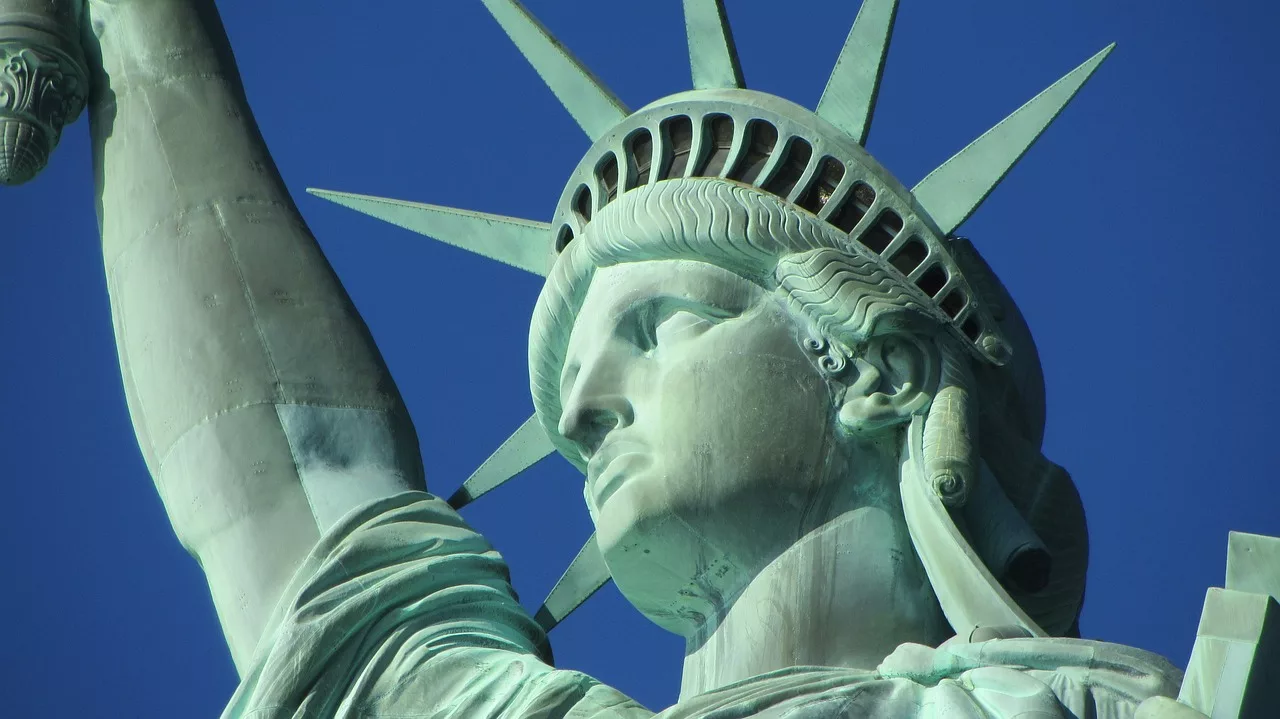In the common parlance of self-congratulation, many Americans maintain the contention that their country is the ‘greatest’ in the world. Of course, the designation of greatness, largely subjective as it is, often hinges on two fundamental aspects: a perceived abundance of freedom and an ostensible superiority of governance. However, like a man standing too close to an impressionist painting, there is a failure to see the complete picture in all its nuanced detail.
It is indisputable that the American experiment has bequeathed upon its citizenry a plethora of liberties. The United States Constitution, in its wisdom and brevity, has lent a framework to freedoms that many nations envy. Freedom of speech, freedom of religion, freedom to peaceably assemble — these are not just rights but what could be considered the bedrock of American identity. Yet, the mistake is made when these liberties are confused with an unrivaled superiority.
The notion of American exceptionalism becomes distorted when we consider the liberties enjoyed by citizens of other nations. Norway, for example, does not just boast of an extraordinarily high standard of living but also of a populace that is truly free. Norway’s robust social safety nets ensure that one’s health or educational status is not determined by the whims of an unforgiving market. This enables a genuine degree of liberty, a freedom from fear of destitution that is increasingly elusive in the United States.
Similarly, the civic freedom enjoyed by the Dutch, the press freedom in New Zealand, the economic freedom in Singapore, all provide contrasting models of liberty that thrive outside the borders of the United States. These are societies that flourish, providing tangible benefits and, yes, freedoms, to their citizens in ways that the United States could stand to learn from.
On the front of governance, the United States’ presidential system is not without merit, but neither is it the only model deserving of consideration. Take, for instance, the parliamentary democracies of Scandinavia, where governmental power is not ensconced within a single office but diffused across multiple institutions. Such systems encourage collaboration and reduce the potential for the abuse of power, fostering a government that is at once more responsive and less divisive.
Similarly, the German concept of ‘Mitbestimmung’, or co-determination, provides a compelling alternative. This involves employees in the decision-making processes of their workplaces, ensuring that the concerns of the workforce are heard in the halls of power. Contrast this with the United States, where corporations often act with impunity, and the power differential becomes all too apparent.
This is not to say that the United States is bereft of virtues or that it cannot reclaim its place in the global dialogue of liberty and governance. Rather, the point here is to challenge the unquestioned belief that America alone has cornered the market on freedom and exemplary governance.
For any society to grow, it must not only gaze inwardly in self-praise but also outwardly in self-examination. America’s conviction in its exceptionalism should not inhibit its capacity to learn from the broader world, but rather fuel its pursuit of creating a more perfect union.
America can be a great nation, of that there is little doubt. But it becomes truly exceptional when it acknowledges that it does not have a monopoly on greatness, freedom, or the art of governance. The American ideal, if it is to evolve, must humbly accept its place in the world as one among many, not above all. Only then can it begin to redefine what it means to be the ‘greatest’ in a world brimming with possibility and diversity.
